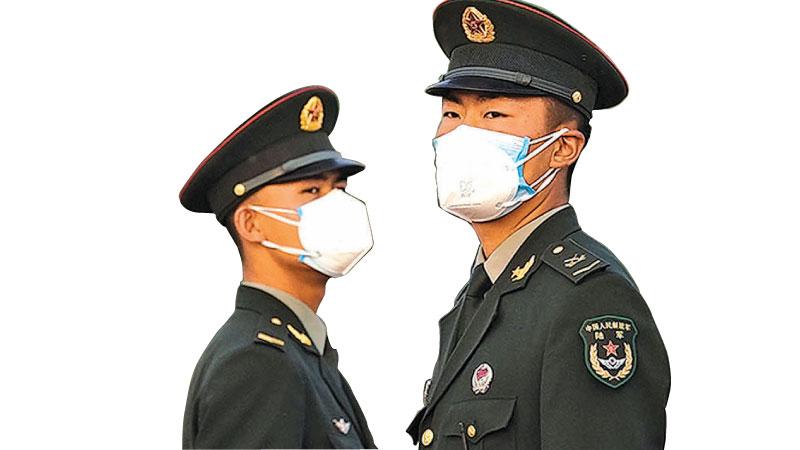
Since the relative calm that has been established since Covid-19, there has been a strong rise in patriotism and nationalism in China. While this may not seem problematic and may even seem like a positive outlook after such a catastrophic disaster, this also gave way to xenophobia to a degree unseen since decades ago. African residents being evicted and forced into quarantine, citizens celebrating the tragic devastation the virus has on the USA and most regions of China are simply barring foreigners entirely. This xenophobia has been fueled by the Chinese government and media, spreading misinformation like all new cases are due to foreigners despite the true cause being returning Chinese nationals. However, this anti-foreign sentiment did not pop up spontaneously, and is far from exclusive to China, xenophobia being a serious issue to varying degrees in most East Asian countries like Japan and Korea.
For China, while there have been many instances and forms of intolerance over the many centuries, the modern xenophobia rampant in China as it is may have begun during the middle to tail end of the 19th century. The Manchu Court of the last Chinese dynasty, the Qing dynasty had just lost several wars against the West and Japan, resulting in many treaties being written up that was devastating to China. by being forced to pay war reparations, losing many of its territories, like Hong Kong, and even forced to open up its borders to foreign businesses. While this may have benefited China in the long run, as it was, their complete defeat left their people struggling and humiliated. However, instead of blaming the failing Dynasty for their mistakes, the people directed their hatred towards the foreigners that were now forcing themselves in.
This resentment and hate were not unfounded, however. The opium trade introduced by the West lead to widespread opium addiction, followed by back to back defeats and subsequently unequal treaties followed by even more invasions led to that period of time retroactively being known as the ‘Century of Humiliation’. The nation as whole was subject to much ridicule, even being referred to as the ‘Sick Man of Asia’ alluding to its rampant internal political and economical problems. The term has since become a symbol of the suffering they endured by the foreigners. The Boxer Rebellion’, a response by the people attempting to be rid of the foreigners letdto even stronger subjugation and in turn even more resentment and hate.
Despite this, the current public opinion of the West is mixed. While on a basic level, they do have a generally positive attitude towards it, there is a surprising majority of people who believe that nations like the US are actively hindering China. Though this sentiment has become relatively assuaged over the years, helped by the return of Hong Kong and Macau, Taiwan’s continued independence has stayed as a constant reminder of their divisive past of weakness. Other, more recent events that have caused some resentment include the 1999 Belgrade Embassy of China being bombed by NATO, the 2008 Beijing Olympic protests and the continued belief of foreign media bias painting China in a negative light.
While foreign relations may seem amiable now, especially in comparison to how things used to be, the reality is that since the pandemic, xenophobia has become much worse. Much like how the origins of the virus in China led to racist vitriol against the Chinese in the West, the opposite is taking place in China. The Chinese public has been traumatised by the virus and the fear mongering by the Government and the media has turned that fear into hate. A movement among many orchestrated by the powers that be in order to create a more patriotic, nationalistic,xenophobic China.
